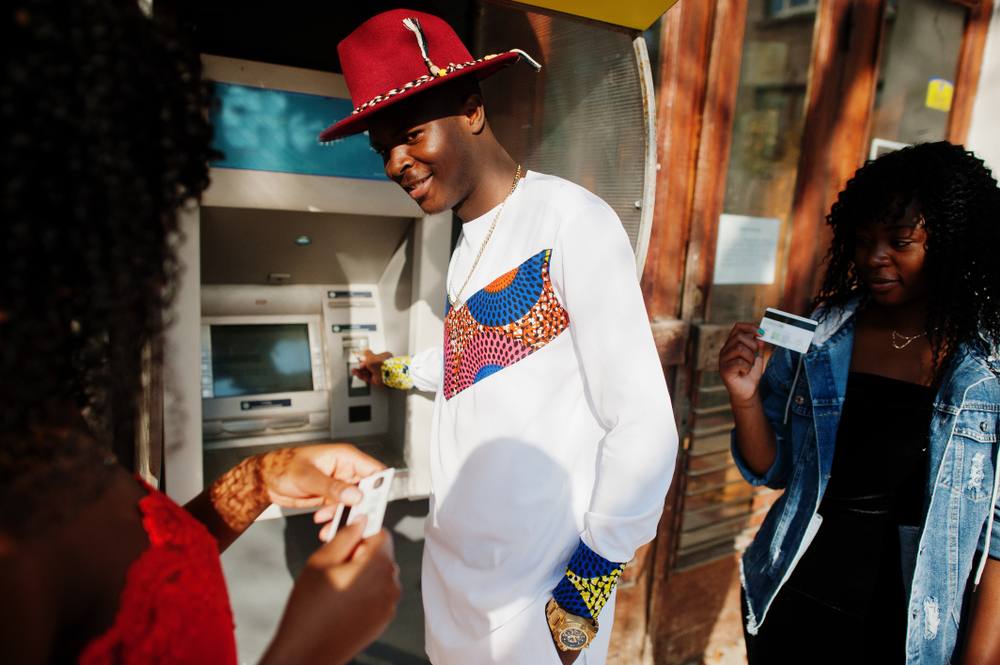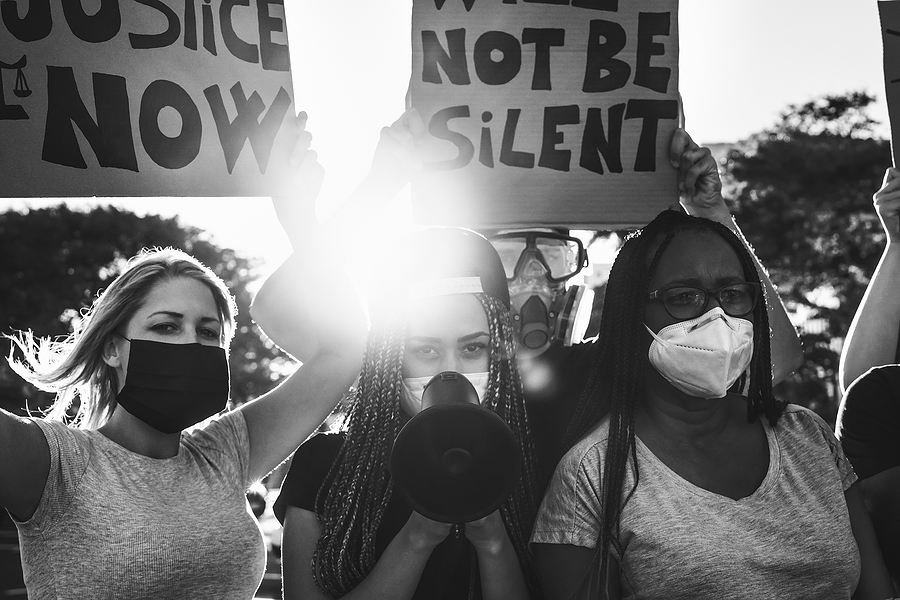As the number of Bitcoin teller machines increases around the U.S., a majority are being installed to target majority Black and Latine neighborhoods with higher costs, according to a new Bloomberg report.
Out of a reported 31,100 units spread across the country, researchers at Bloomberg found that, amongst the Bitcoin teller machines installed in Black and Latine neighborhoods, there was a 22% upcharge fee each time it was used.
The trend remained consistent throughout the U.S. in regions such as the Northeast and specifically in the Southern area in states such as Texas and Georgia.
In Alabama, specifically, the number of Bitcoin teller machines, otherwise known as BTMs, in these neighborhoods was approximately 20% more than the average.
As crypto roars back into the mainstream, experts are warning about the risks of financial predation baked into one of its most analog expressions: machines that convert cash to Bitcoin https://t.co/4Ao50BQUTe
— Bloomberg Crypto (@crypto) April 17, 2024
Although Bitcoin CEO Brandon Mintz denied racial profiling when installing the technology, with the increased rates, some are highlighting its predatory nature, emphasizing the lower benefits given in exchange for the higher costs of BTMs.
“It looks like a good thing, but there’s a whole lot of downsides to it,” said Franklin Noll, a lead payments specialist at the Federal Reserve Bank of Kansas City, per Bloomberg. “It’s like a payday lender saying ‘I can give you cash today for your check. I’ll charge you 25% or 30% for it, but here you go.’”
First created in 2019, Bitcoin is identified as a digital currency that owners can trade; no bank is required for users to trade or sell. Currently, only 21 million Bitcoins exist with 19 million already being used.
Each coin’s value amounts to $30,200 as of 2023 and is built out of what is known as a blockchain. Not owned by any one organization, a blockchain contains data about the past owners and transactions.
The usage of cryptocurrencies has been advocated by some as being the solution to an equitable economy.
Along with the help of celebrities such as Jay-Z who sponsors cryptocurrency learning workshops, approximately 21% of Black adults have made an investment in cryptocurrency, according to the Pew Research Center. Nearly 27% of Black adults said that they’ve used it recently in the past year.
Critics of digital currency, however, argue that Crypto companies are targeting Black consumers, masking the issues associated with investing in these currencies.
“You’ll have a marginalized group, a community that has been historically excluded from accessing products, services, opportunities, and all of a sudden they’re told that they will get access to maybe some type of alternative,” said Brookings Institute fellow Tonantzin Carmona per AP News. “But this access often comes with conditions that undermine the benefits or that will reproduce insecurity for these very same communities.”
Currently, as of 2021, almost 300 million people are owners of cryptocurrency.








